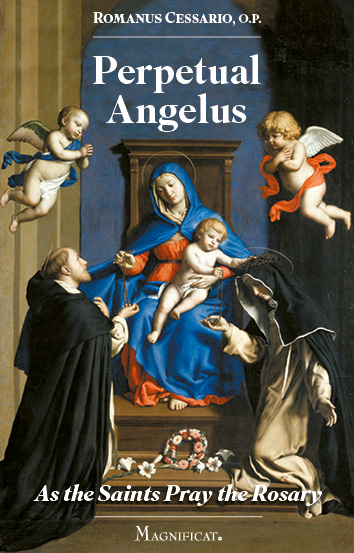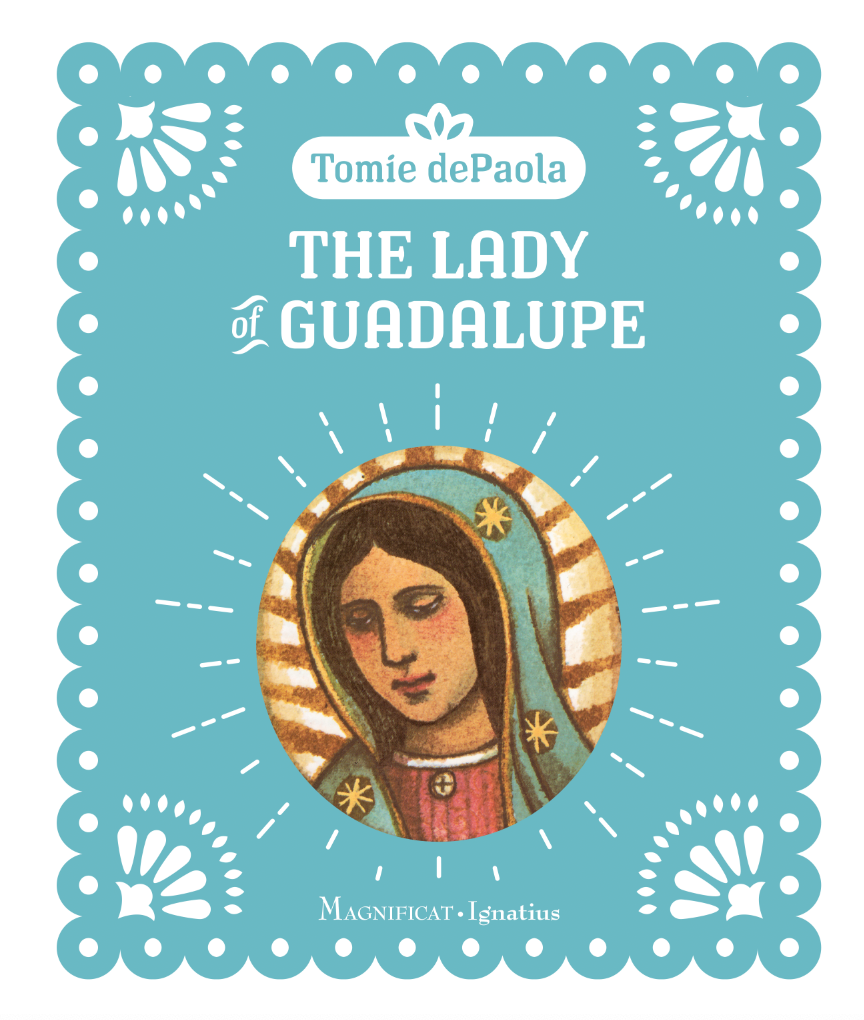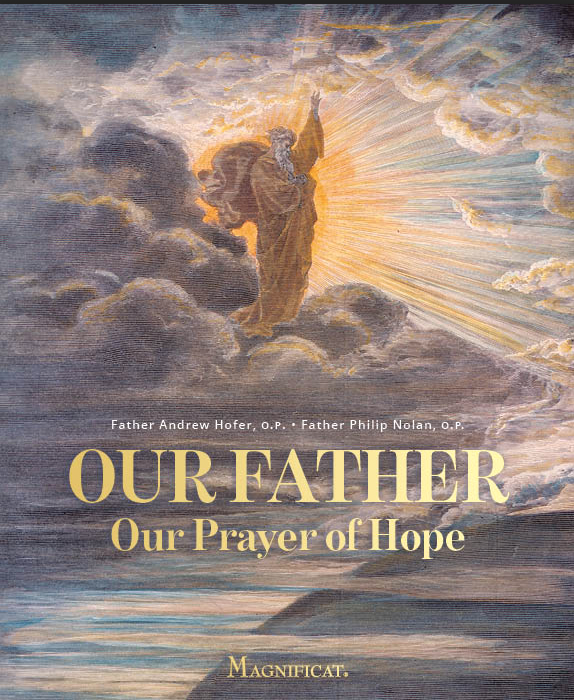Scripture is not a one-way communication—God speaking to us, period. Appropriate responses to God are provided for us in the psalms. One could say that the Scriptures reach their culmination in the psalms in this sense: after attending to what God says to us in the rest of the Bible, it seems most appropriate for us to respond and say:
Enter, let us bow down in worship;
let us kneel before the Lord
who made us.
For this is our God,
whose people we are,
God’s well-tended flock. (Ps 95:6-7)
The psalms pinpoint for us the base upon which the whole religious structure is built: the fact of God.
Before the mountains were born,
the earth and the world
brought forth,
from eternity to eternity you
are God. (Ps 90:2)
It is a matter of some significance that in the Gospels, Jesus is portrayed as resorting to the psalms at crucial moments in his earthly life. As he breathed his last upon the cross, he was heard to pray: “Into your hands, I commend my spirit” (Lk 23:46/ Ps 31:5). Earlier, in controversy with the Pharisees (Mt 22:43) Jesus cited Ps 110:1 to make his point. Also one must not overlook the fact that at various points in the Gospel, Jesus is found worshiping at a synagogue (Luke noted that Jesus “regularly” went to the synagogue: Lk 4:17) or at the temple. The psalms were very much part of temple worship and to a certain degree were used in the synagogue as well. Jesus would have prayed the psalms on those occasions. All this prompted Saint Augustine grandly to define Jesus as ille cantator psalmorum illustrissimus—that most illustrious chanter of the psalms. More than any other consideration, perhaps this fact—that Jesus himself prayed the psalms—commends the use of the psalms to the serious Christian.
Note must be taken of the strong language that is used in some psalms. They are often referred to as the “cursing psalms.” The language patterns of some nationalities could cause wonderment, if not alarm when read by other ethnic groups. In Hebrew generally people expressed themselves more forcefully than we English speakers are accustomed to do. Although even in American English we describe some perfectly innocent sports activities in rather violent terms. So in baseball we speak of “the bat” and “the batter.” We talk of “hitting” the ball, about “striking out” and we find nothing vicious in all this. It is a perfectly innocent sport. Allowance then must be made when the psalmist makes use of words and images that at face value are shocking but in a poetic context (the psalms qualify as poems) are acceptable.
If nothing else, the psalms serve to keep us mindful of God’s overwhelming beneficence toward us.
The statutes of the Lord are true,
all of them just;
More desirable than gold,
than a hoard of purest gold,
Sweeter also than honey
or drippings from the comb. (Ps 19:10-11)
©Magnificat May 2003









